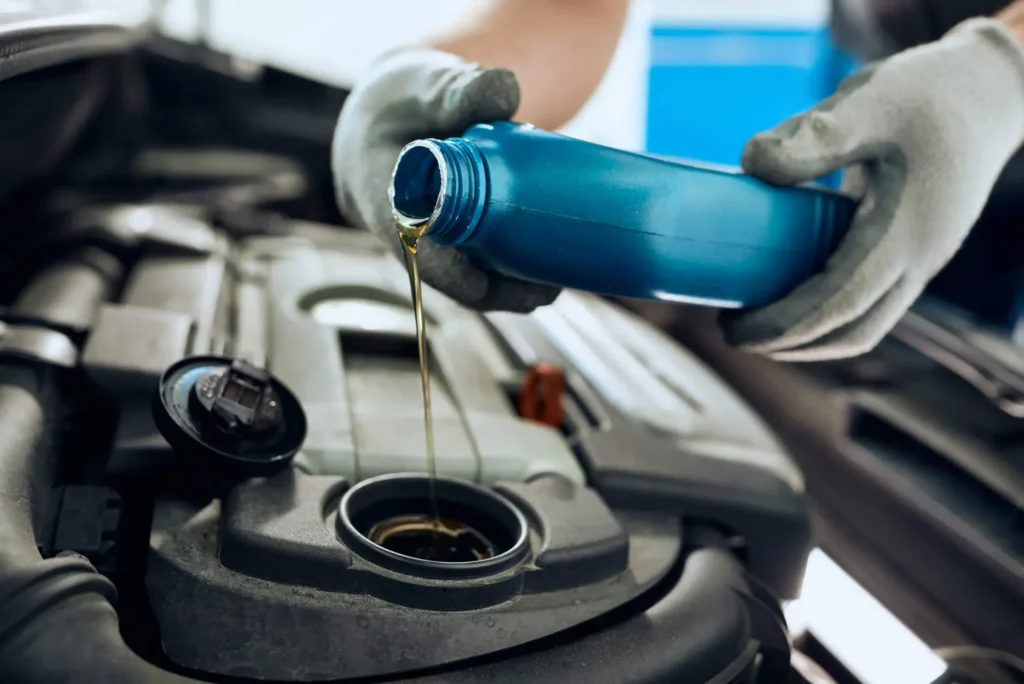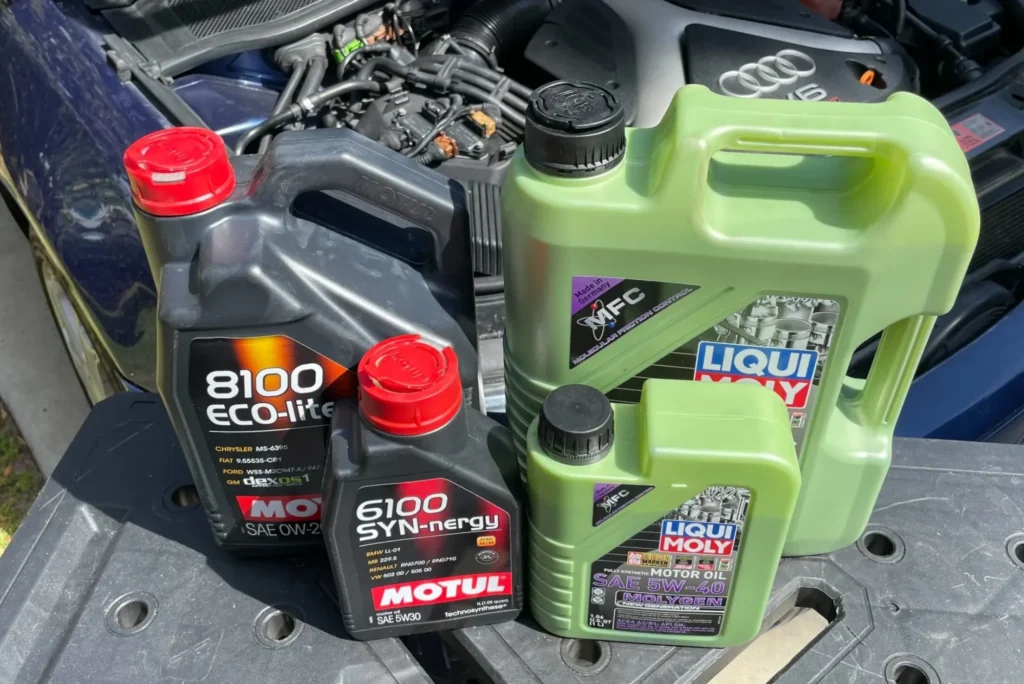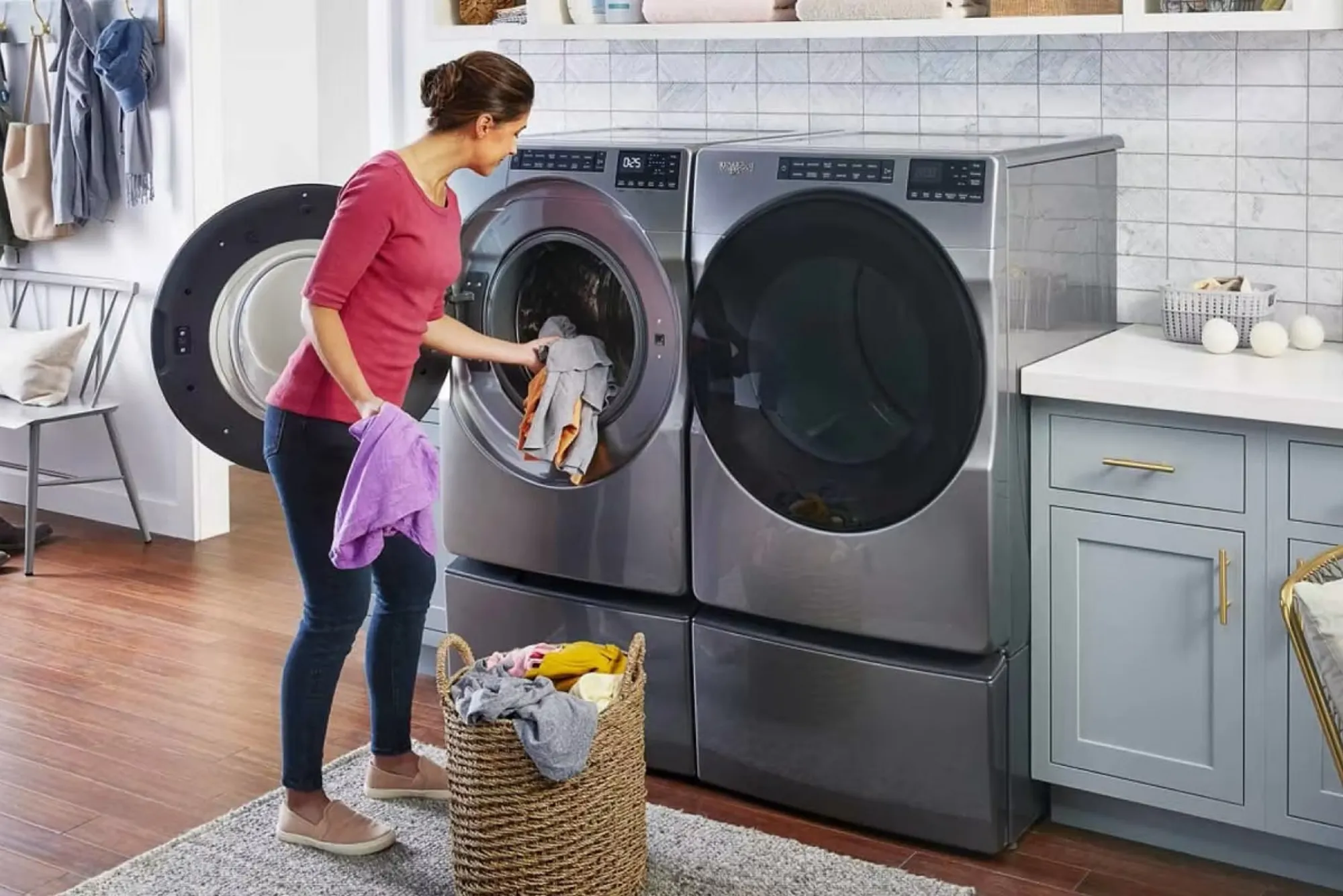How Often to Change Oil Filter in Hyundai Car
Maintaining your Hyundai car’s engine health is crucial for its longevity and performance. One key aspect of engine maintenance is regularly changing the oil filter. Here, we delve into expert recommendations on the ideal frequency for this vital task.
Factors Influencing Oil Filter Change Frequency Type of Oil Used:
Synthetic oils typically have longer lifespans and can extend the interval between oil filter changes compared to conventional oils. Driving Conditions: Frequent stop-and-go driving, towing, or driving in dusty environments can necessitate more frequent oil filter changes. Manufacturer Recommendations: Always refer to your Hyundai car’s manual for manufacturer-recommended oil filter change intervals.

General Guidelines for Oil Filter Replacement Every 5,000 to 7,500 Miles
: For most Hyundai models, experts suggest changing the oil filter every 5,000 to 7,500 miles under normal driving conditions.
Every 3,000 to 5,000 Miles
If you frequently drive in harsh conditions or engage in heavy towing, consider changing the oil filter every 3,000 to 5,000 miles.
Regular Inspections:
Regardless of mileage, conduct regular inspections of your oil filter for signs of clogging or damage and replace it as needed.
Signs Your Oil Filter Needs Changing Decreased Fuel Efficiency:
A clogged oil filter can impede oil flow, leading to decreased fuel efficiency. Engine Noise: A dirty or clogged oil filter can result in increased engine noise as oil struggles to reach vital engine components.
Warning Lights:
Modern Hyundai cars are equipped with warning lights that may indicate issues with oil pressure or filtration.
Regularly changing your Hyundai car’s oil filter is essential for ensuring optimal engine performance and longevity. By adhering to manufacturer recommendations and paying attention to driving conditions, you can keep your Hyundai running smoothly for years to come.

CNG Cars in India
CNG (Compressed Natural Gas) cars in India are gaining popularity due to their eco-friendliness and cost-effectiveness. CNG Cars in India With increasing environmental concerns and rising fuel prices, many Indian consumers are turning to CNG vehicles as a cleaner and more economical alternative to traditional petrol or diesel cars. These vehicles utilize natural gas as fuel, emitting fewer pollutants and reducing carbon footprint. However, widespread availability of CNG infrastructure and initial investment costs remain key considerations for prospective buyers.
Minhaj Auto General Repairing
Minhaj Auto General Repairing is a reputable establishment known for its expertise in automotive repair and maintenance services. With a team of skilled technicians and state-of-the-art facilities, Minhaj Auto offers comprehensive solutions for all your vehicle servicing needs. From routine oil changes to complex engine repairs, they ensure the highest standards of quality and customer satisfaction. Whether you drive a sedan, SUV, or luxury car, Minhaj Auto General Repairing provides reliable and affordable services to keep your vehicle running smoothly on the road.






